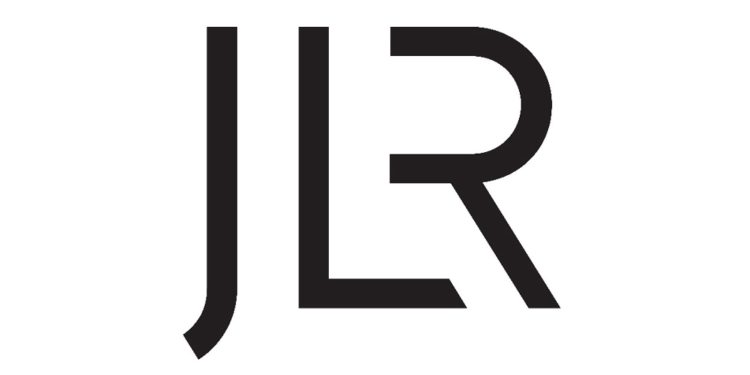Cyberattack reportedly costs JLR £1.5billion in lost revenue
Jaguar Land Rover (JLR) has taken a massive financial hit following a cyberattack that forced widespread production shutdowns in September, with the company estimating a £1.5 billion drop in revenue for the quarter.
According to newly released figures, sales to dealers fell 24% in the three months to the end of September, totalling 66,165 vehicles — a loss of more than 21,000 units compared with the same period last year. With an average revenue of £72,000 per vehicle, that equates to a staggering £1.52 billion shortfall.
While JLR dealers managed to sell down existing stock, customer deliveries still dropped 17% to 85,495 units for the quarter. The UK market was hit hardest, with retail sales plunging 32%, partly due to Jaguar’s complete sales pause in September as the brand transitions toward becoming an all-electric luxury marque.

“It has been a challenging quarter for JLR,” said outgoing CEO Adrian Mardell, noting that sales in July and August had been “in line with expectations” before the cyber incident.
Read more – JLR hit hard by cyber attack
China was another weak spot, with sales down 22% as the company continues to face softening demand for traditional luxury brands and prepares to replace its locally built line-up with a new Chery-based Freelander.
JLR confirmed it will restart engine production at its Wolverhampton plant on 8 October, with assembly at its Solihull and Slovakia factories to follow “shortly”.
The company’s upcoming second-quarter financial report in November is expected to reflect not only the cyberattack’s fallout but also higher US import tariffs, now at 10%, and a weaker dollar, which increases export costs.
Despite the disruption, JLR sees a silver lining: with fewer vehicles available, it can scale back discounting, helping preserve margins as it rebuilds output through the final quarter of the year.





